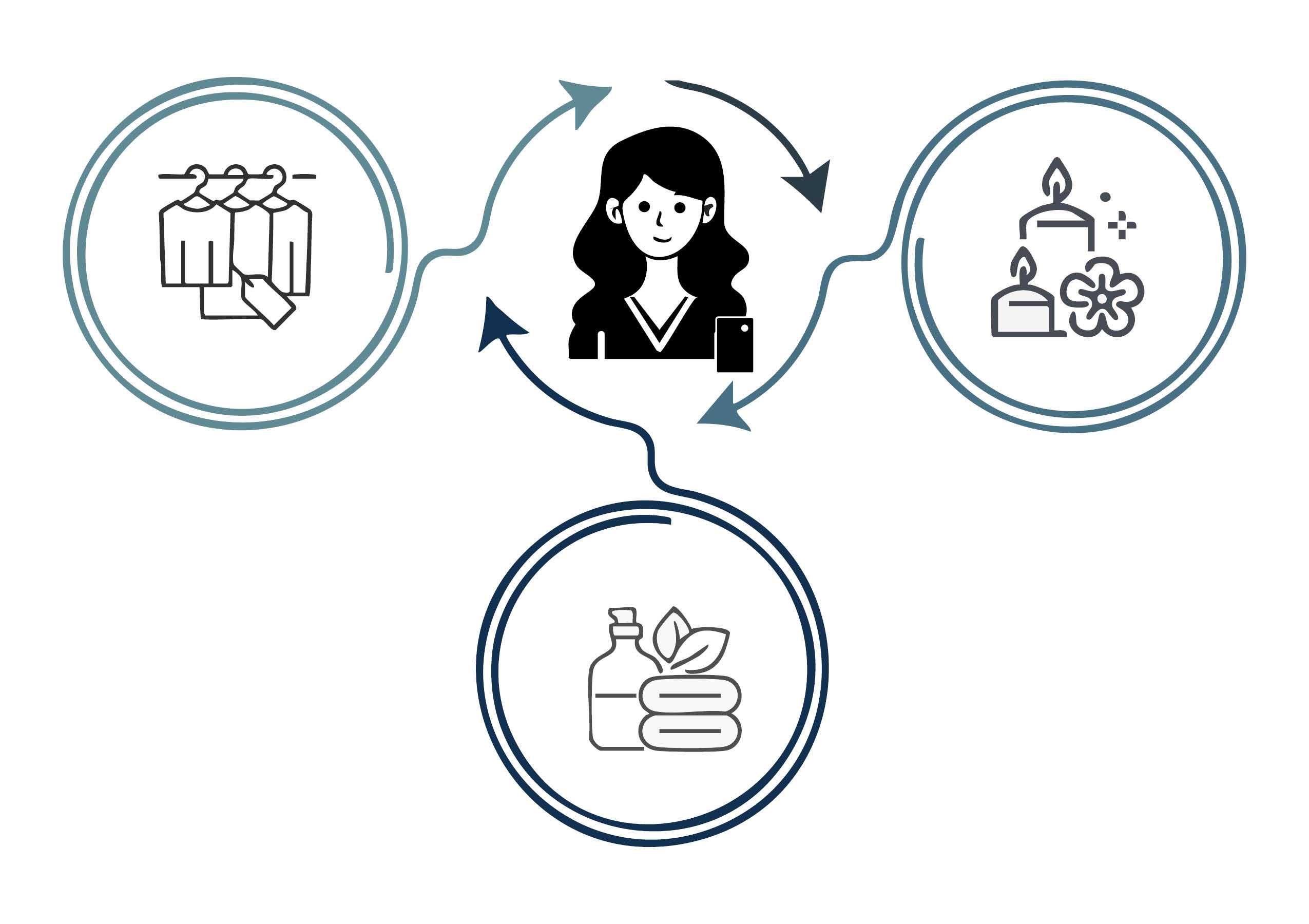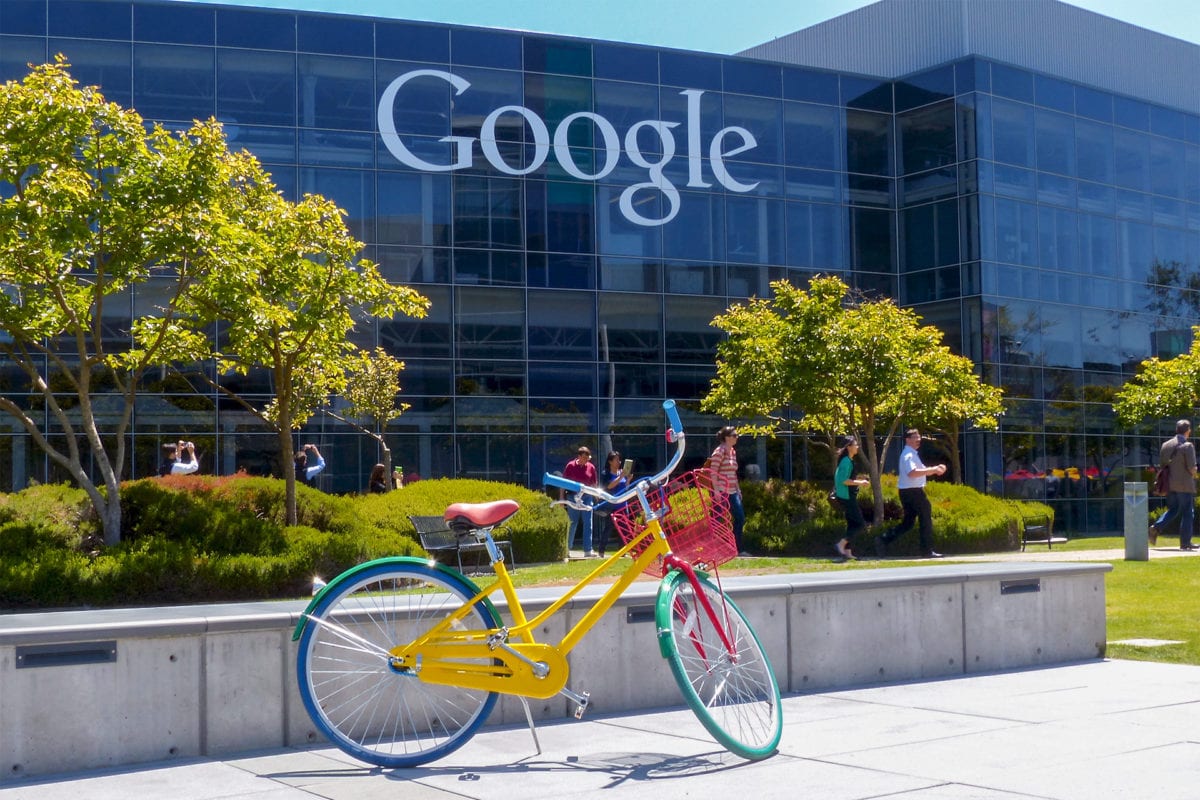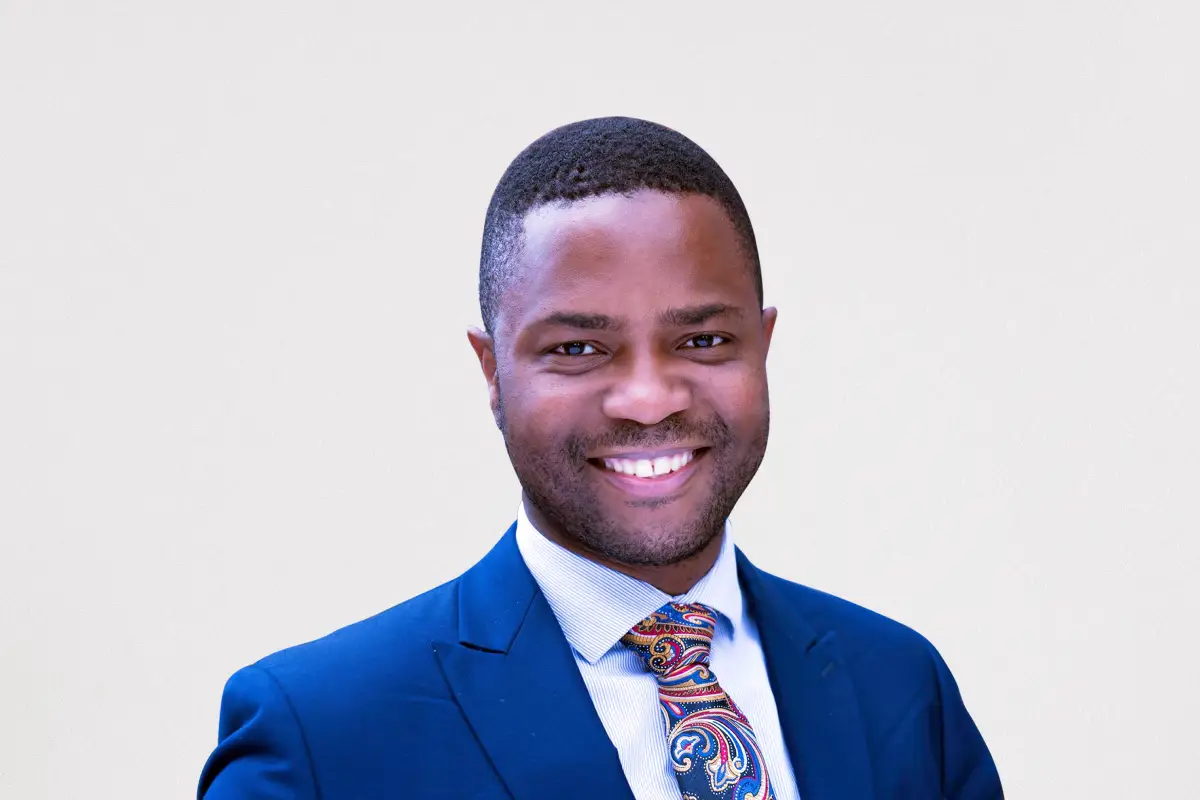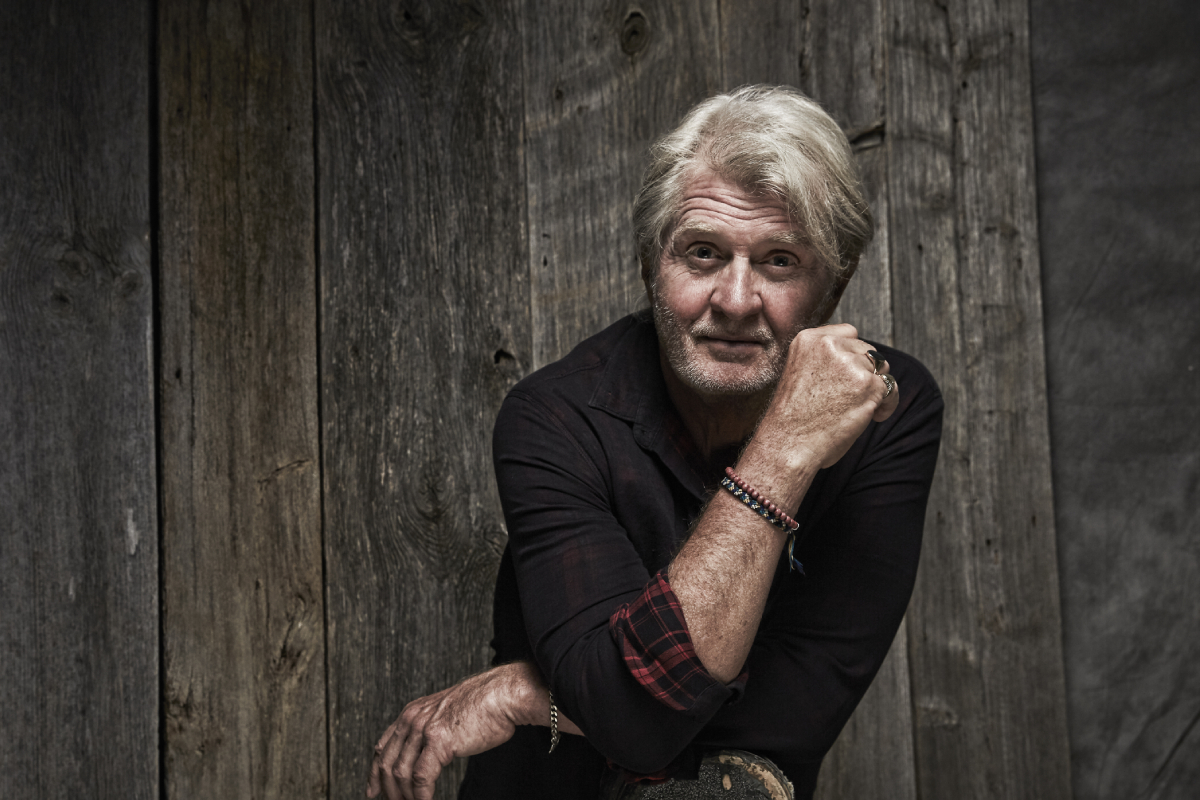The most inspiring leaders usually lead by example. In many cases, they sometimes have to take risks and go against the grain to achieve their goals. Because they are determined to achieve their goals, they are driven by a firm conviction that transcends their own.
Their actions speak louder than words, after all, most inspirational leaders are not sitting at a desk bossing other people around. They are motivated and involved, oftentimes displaying key qualities like passion, empathy, and resilience.
In this blog, we take a closer look at seven inspirational leaders who made an impact doing it their own way. Will their example inspire you, or will you forge your own leadership?
Princess Diana
In the early 1980s, AIDS emerged in the United States and the rest of the world. The sexually transmitted disease wreaked havoc on people and communities. Many feared its contagious path; some even believed that you could catch AIDS by shaking hands with someone who has it or sharing the same toilet seat. In light of the growing stigma, AIDS patients were shunned, and many believed that they should be quarantined. On April 19, 1987, Princess Diana opened the first AIDS centre in the UK and shook hands with an AIDS patient without wearing gloves. That example of compassionate leadership left an indelible mark on people’s minds, changing their perception of the disease forever.
Malala Yousafzai
In Afghanistan, young girls are deliberately banned from school; they cannot attend school beyond year 6. Malala, a young girl at the time, became a vocal supporter of girls’ education. She spoke publicly about the importance of educating girls in Afghanistan. Her activism led to an assassination attempt when a Taliban gunman shot her three times in the head. Luckily, Malala survived the attack and became a vocal activist for girls’ education. She is the youngest person ever to win a Nobel Peace Prize; she addressed the UN and met with countless world leaders. Currently, Malala has her own non-profit organization known as the Malala Fund that advocates for girls’ education.
Martin Luther King
At a time when the United States was rife with racism, a prominent civil rights leader named Martin Luther King gave a powerful speech at the March on Washington. Also known as the I Have a Dream Speech, Martin Luther King strongly advocated for equal rights and said that people should not be judged by the colour of their skin but by the content of their character. Before his assassination in 1968, King modeled his strategy of civil disobedience and nonviolence on Mahatma Gandhi, an approach that won him a Nobel Peace Prize.
Eleanor Roosevelt
Roosevelt was a popular first lady. As the wife of then-President Franklin D. Roosevelt, she served as the first lady of the United States for four terms. Through her activism, she redefined the role of first lady. Among her notable achievements is writing the UN Declaration of Human Rights in 1948; she also served as the United States delegate to the UN for seven years and was head of the UN Human Rights Commission.
Luis Urzúa
In 2010, a mine collapsed in northern Chile, trapping 33 miners 700 meters underground. The lead foreman, Luis Urzúa, recognized how serious the situation was and sprang into action. He quickly made maps of the area to aid the rescue mission and helped the men maintain their composure under pressure, calming them down. When the rescue mission was completed, Urzúa was the last man to be pulled out. He remarked that “it has been a bit of a long shift.”
Rosa Parks
Leading by taking a strong stance, Rosa Parks refused to give her seat to a white passenger in 1955 in segregated Alabama. This led to her dismissal from work, arrest, and several death threats. Her action is a strong symbol of the civil rights movement. Since that time, Parks rose to fame, wrote an autobiography, was awarded the Presidential Medal of Freedom, and was called the first lady of human rights by the United States Congress.
Jacinda Ardern
What springs to mind when you think of a politician? Granted, empathy might not be the first quality. Nevertheless, in the ever-changing political landscape, Ardern’s example is a shining light. When the COVID-19 pandemic took hold of the world, the prime minister of New Zealand took an empathetic approach to tackle the problem. She hosted a Live Facebook cast ahead of the lockdown and continued to check with the public by delivering clear, consistent messages that resonated with New Zealanders, making the country one of the few spots in the world to have successfully managed the pandemic.
David Messiha | Staff Writer



















